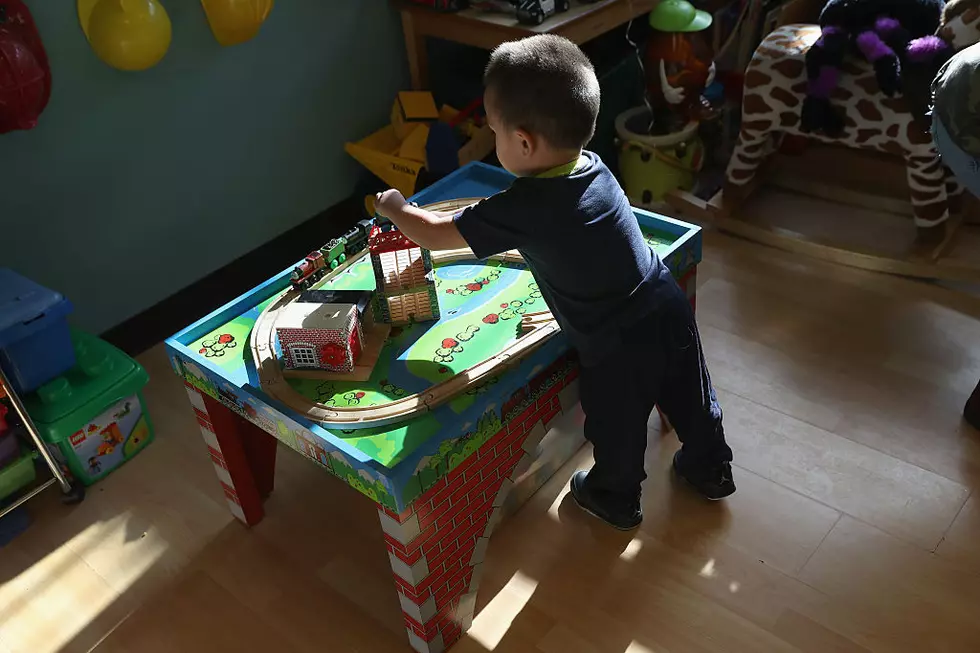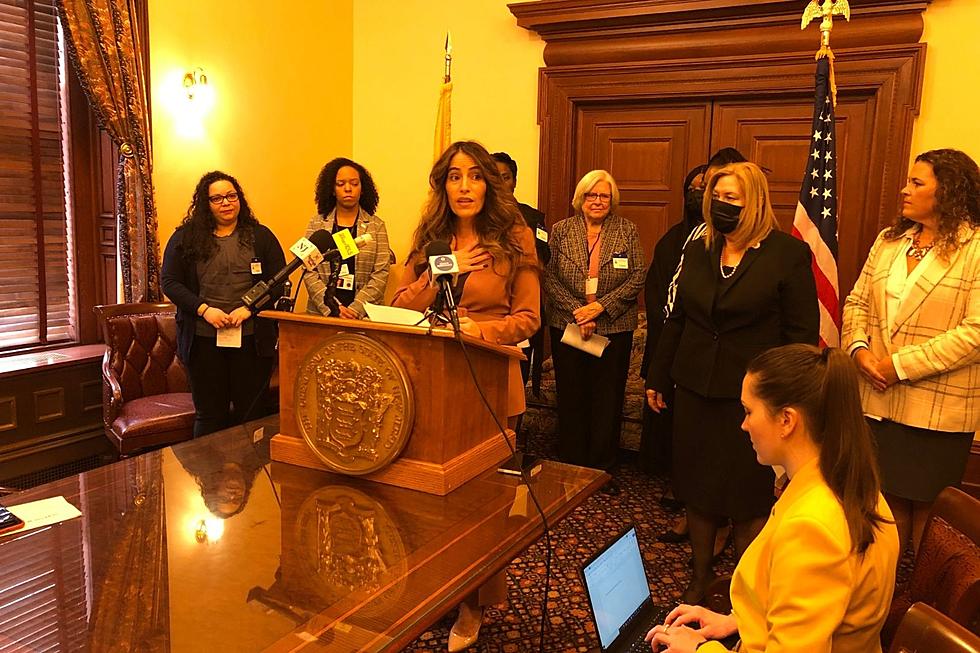![Is Your Child Receiving Good Child Care? [POLL/AUDIO]](http://townsquare.media/site/385/files/2013/01/Children2.jpg?w=980&q=75)
Is Your Child Receiving Good Child Care? [POLL/AUDIO]
A new report published by Advocates for Children of New Jersey (ACNJ) reveals the typical Garden State family is shelling out more than double the recommended payment amount for child care, but that's not the only problem.
The study also concludes that moms and dads have few ways to determine whether that care is good for their children.
New Jersey does have very strict standards in place for child care centers, ranking third in the nation, but the state ranks nearly last for enforcing those standards.
"Where we're at the bottom of the barrel is in how those regulations are enforced." said Cecilia Zalkind, ACNJ executive director, "particularly around how inspections are made, either regular inspections or because there's been a violation reported."
According to Zalkind, the state gets about one thousand reports of violations every year. She said that doesn't mean every report is for a serious violation, or that all the reports are substantiated.
Zalkind said state child care center inspectors might be overloaded with work.
"They're handling at least 100 or more inspections, but that doesn't even include violations," said Zalkind. "That's a pretty heavy workload, and it's almost double what's recommended."
New Jersey is also one of the few states that doesn't post child care center inspection reports online, doesn't require those caring for children in their own homes to register with the state, and doesn't conduct criminal background checks on home-based providers who do register with the state.
The state is in the process of developing a system, called Grow NJ Kids, to rate and improve child care quality. The system is expected to eventually give parents more consistent and reliable information to help determine where their children will spend their days.
To address the concerns raised in the report, ACNJ made several recommendations:
- Post child care center inspection and violations reports online in a user-friendly format for parents.
- Hire more child care center inspectors to lower the caseload, so they have more time to conduct thorough inspections.
- Require fingerprinting and criminal background checks for family child care providers and those living in the home.
- Conduct effective, coordinated outreach to eligible families to expand access to child care assistance.
More From New Jersey 101.5 FM









